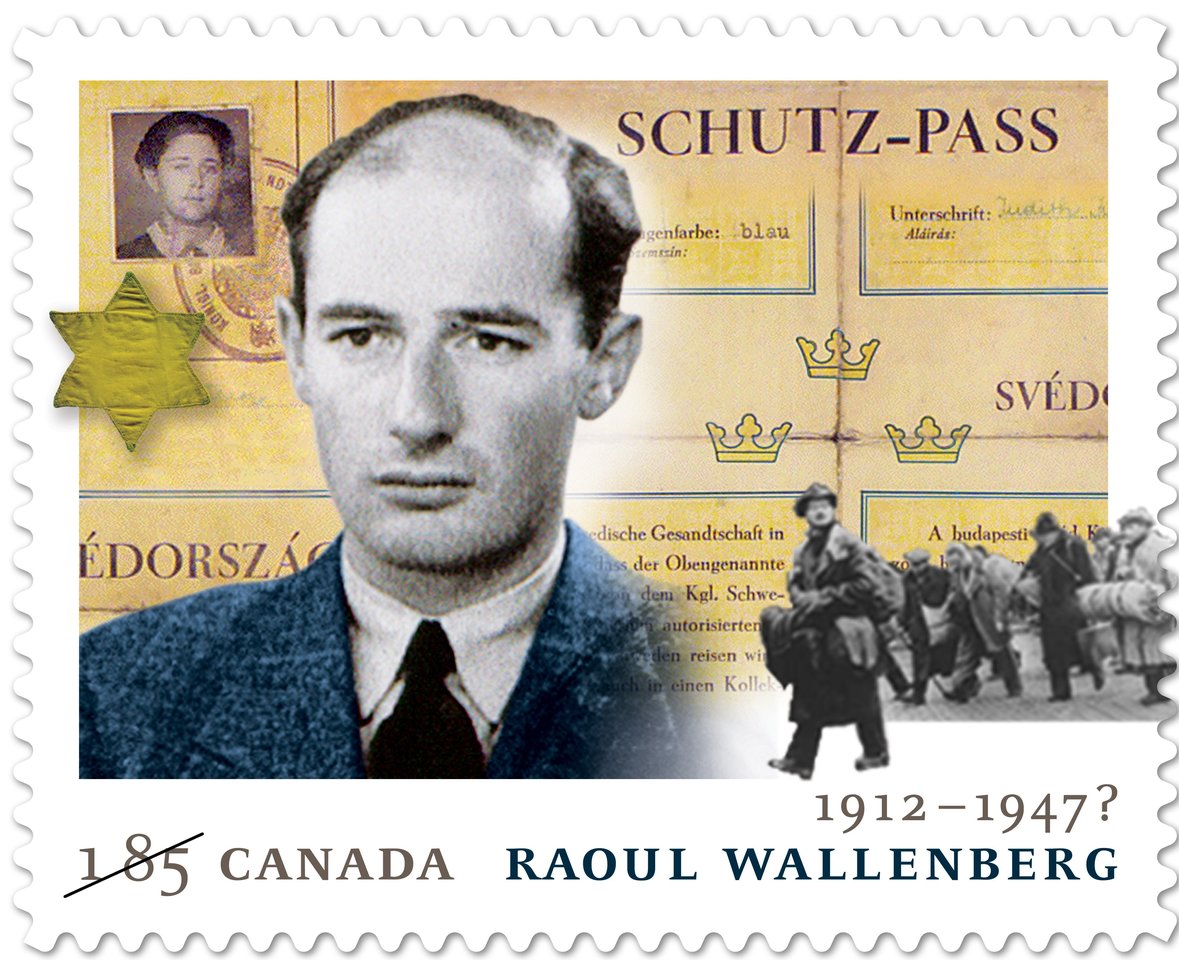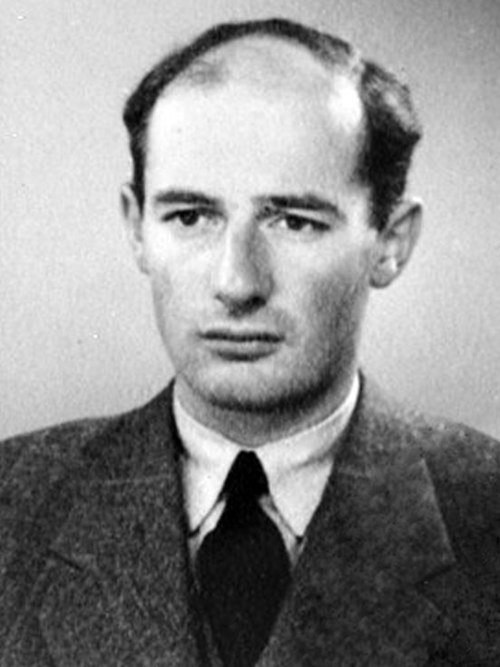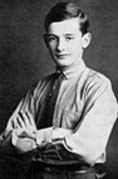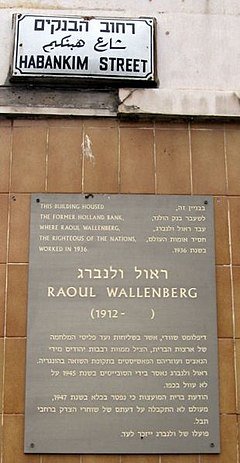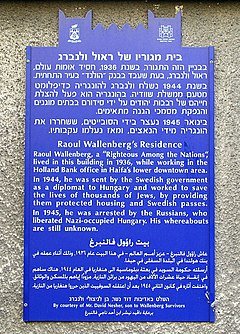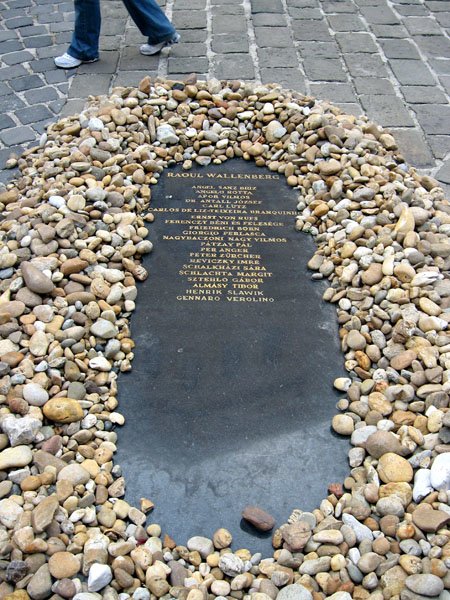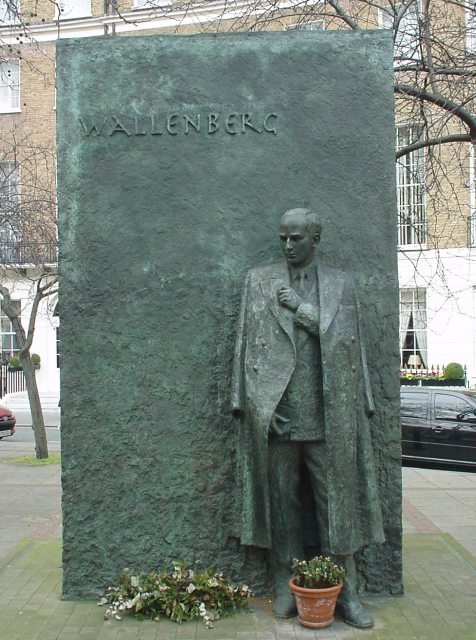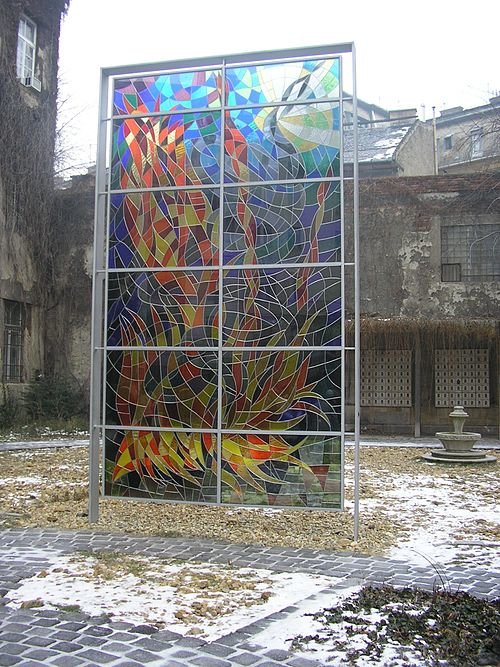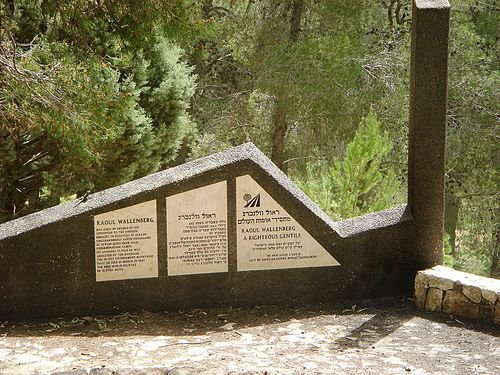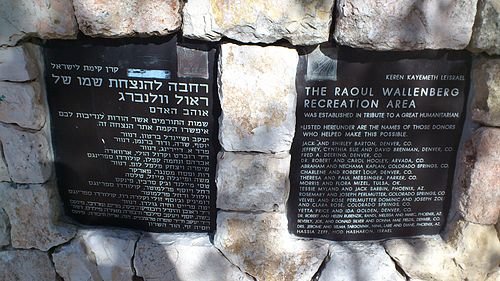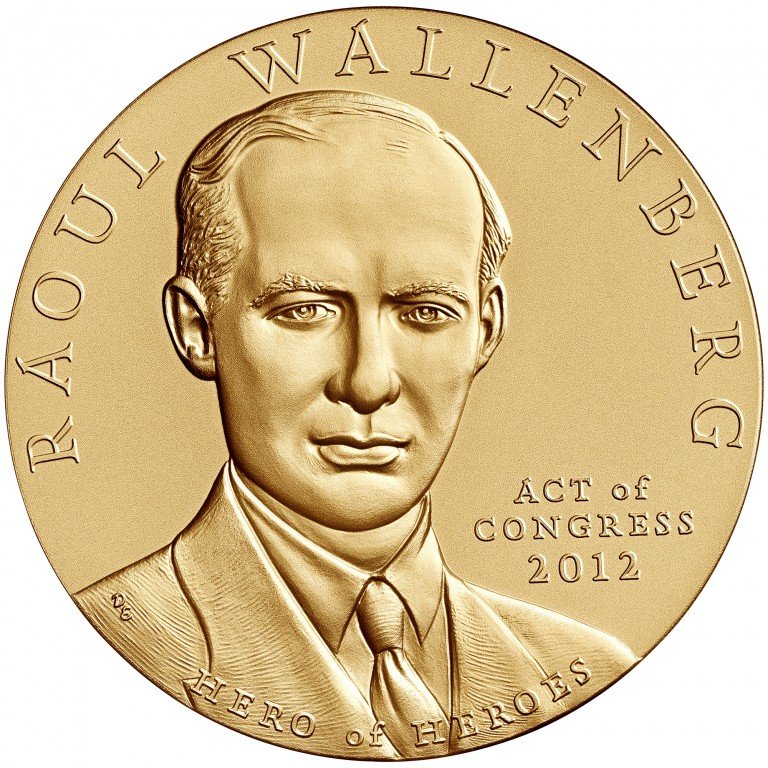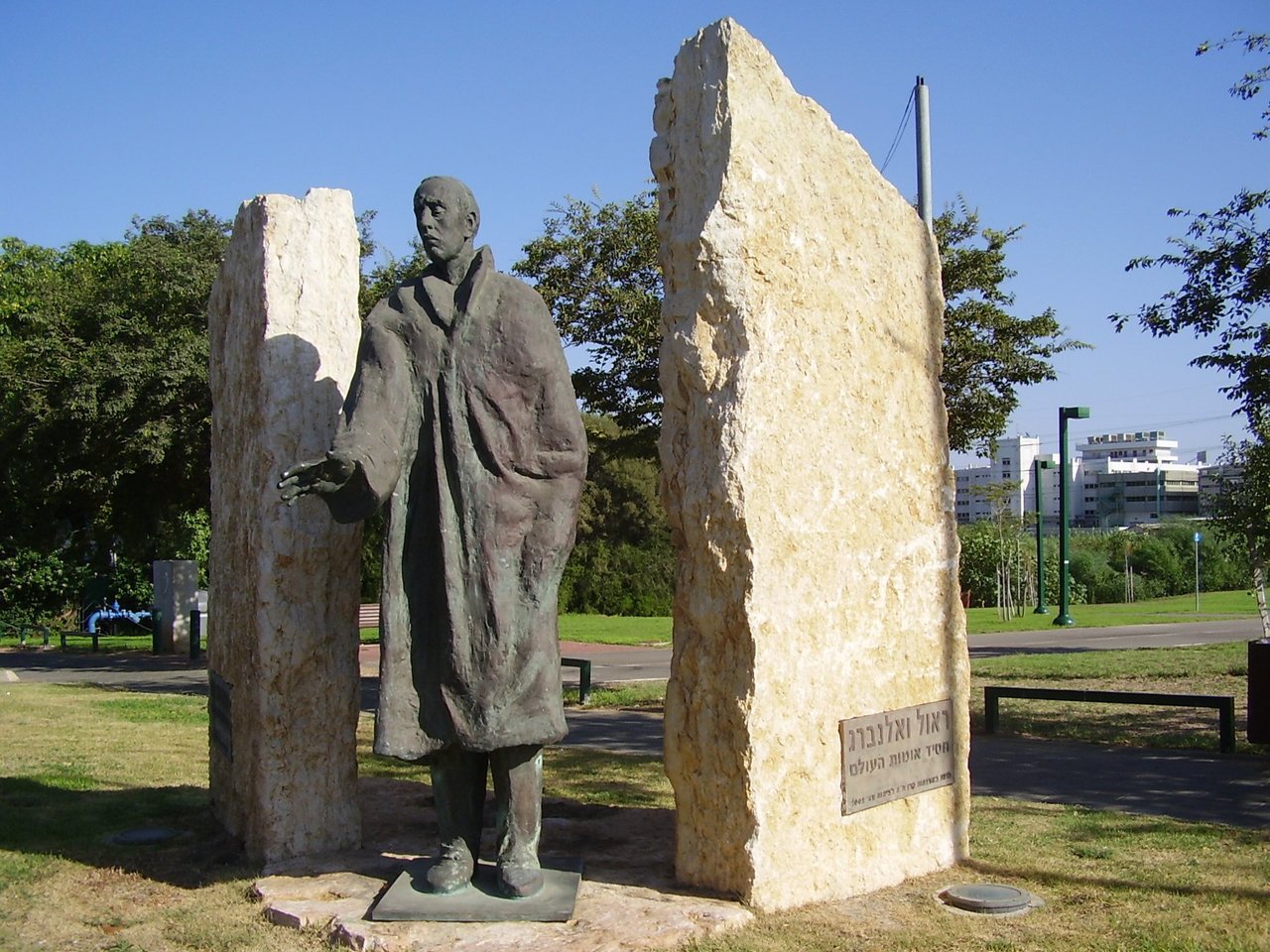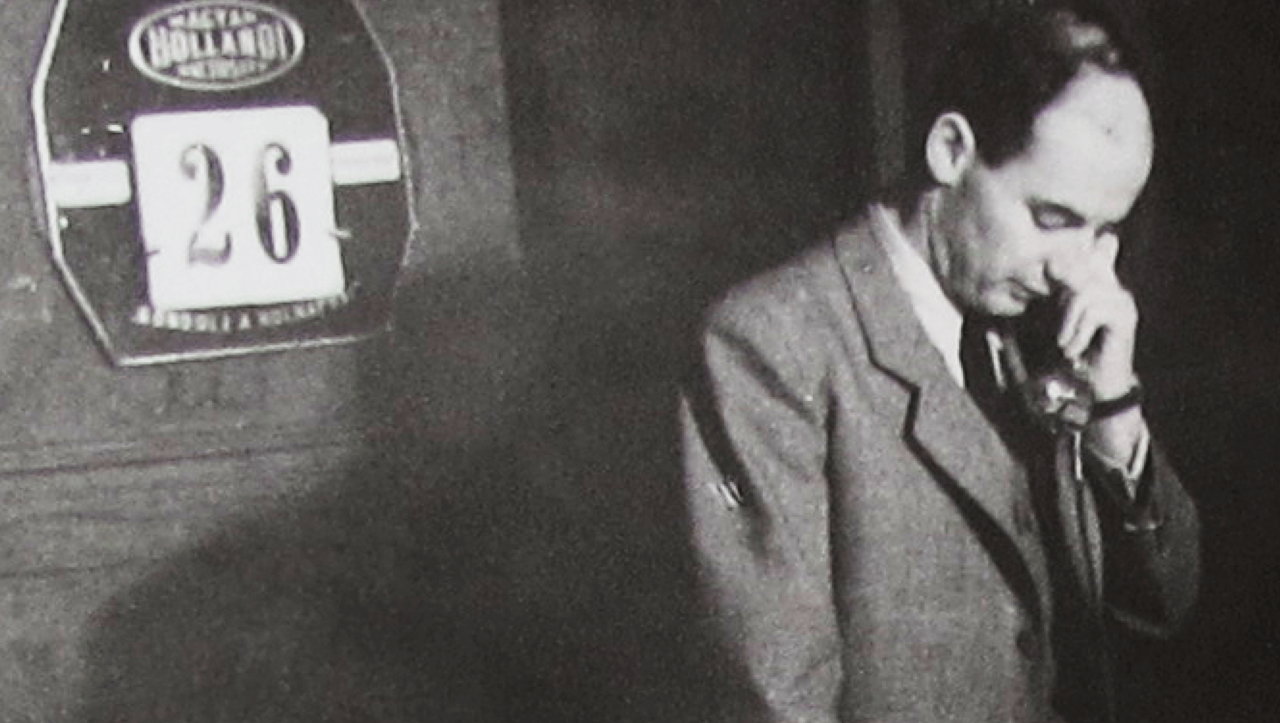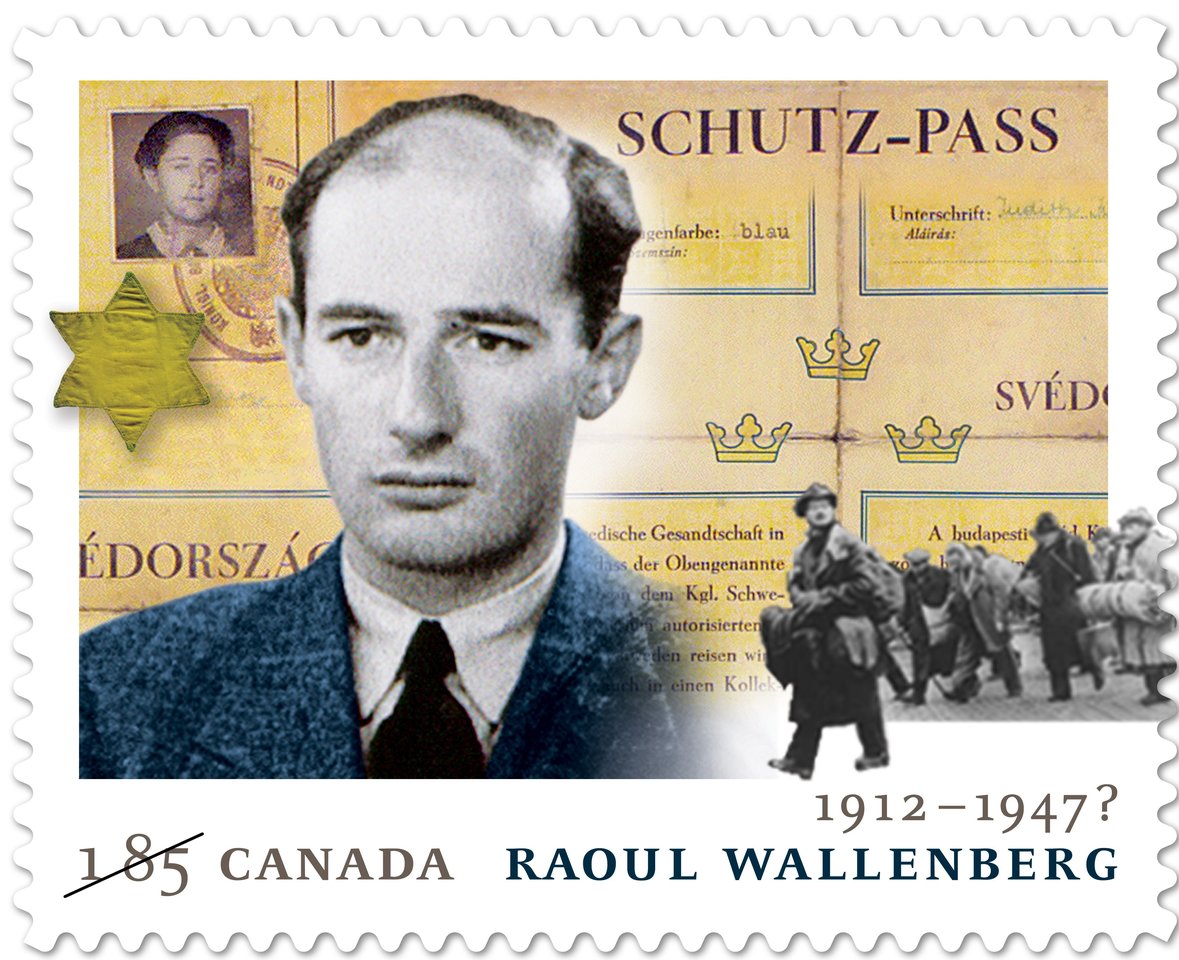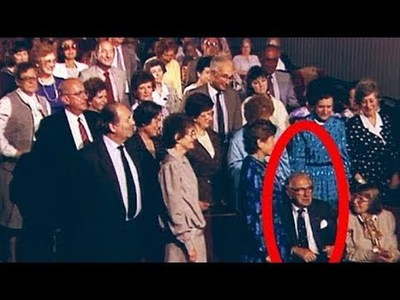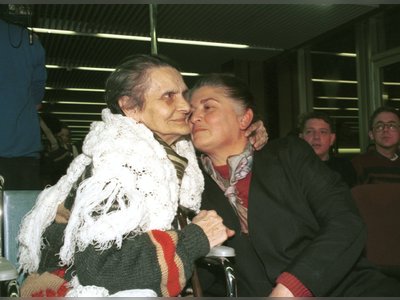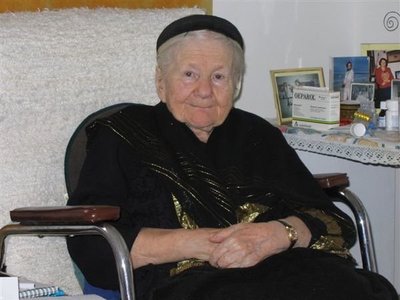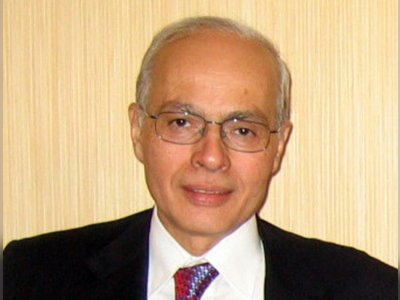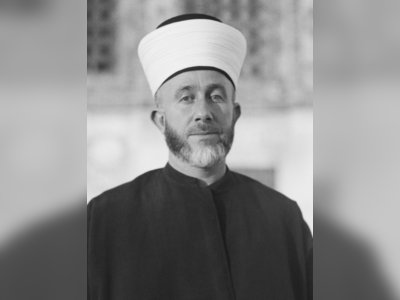Raoul Wallenberg: A Hero Amidst Darkness
In the annals of history, there are individuals whose courage and actions shine as beacons of hope during the darkest times. Raoul Wallenberg, a Swedish businessman turned diplomat, was one such remarkable figure whose legacy is etched into the tapestry of the Second World War and the Holocaust. His unwavering commitment to humanity and his extraordinary efforts saved tens of thousands of Hungarian Jews from the clutches of Nazi Germany and its collaborators.
Born on August 4, 1912, in Lidingö, Stockholm, Raoul Wallenberg hailed from a prominent Swedish family with a lineage of diplomats, bankers, and businesspeople. His mother, Maria "Maj" Sofia Wising, had partial Jewish ancestry, while his father, Raoul Oscar Wallenberg, was a Swedish naval officer.
Tragically, Raoul's father passed away just three months before his birth, leaving the young boy without a paternal figure. His grandfather, Gustaf Wallenberg, a diplomat and humanist, stepped in to provide guidance and instill in Raoul a sense of worldly values.
Raoul's early life took him on a journey that eventually led him to Hungary during the tumultuous years of World War II. After serving his mandatory military service in Sweden, he traveled to the United States in 1931 to study architecture at the University of Michigan, where he also learned the Russian language. He completed his studies with distinction in 1935 and returned to Sweden.
With the support of his family connections, he secured a position at the European Trading Company, owned by Koloman Lauer, a Hungarian Jew. This company engaged in international trade of food products between Sweden and various European countries. Wallenberg's role often required him to travel to Nazi-occupied territories in Europe, where he witnessed firsthand the plight of Jews under Nazi persecution.
In 1936, Raoul Wallenberg returned to Sweden from his overseas work, and with the help of family connections, he joined the "European Trading Company," owned by Koloman Lauer, a Hungarian Jew.
This company was involved in international food trade between Sweden and various European countries. Wallenberg's job often took him to Nazi-occupied territories, where he witnessed the dire circumstances of Jews under Nazi rule.
During the early years of the war, Hungary was initially allied with Nazi Germany. Although anti-Semitism was prevalent in Hungary, the Jewish population there was relatively better off compared to Jews in countries directly under Nazi control.
However, as the war progressed and relations between Hungary and Germany deteriorated, the situation for Hungarian Jews became increasingly perilous. In March 1944, Hungary was occupied by the Nazis, and within weeks, the mass deportation of Hungarian Jews to Auschwitz began. Raoul Wallenberg found himself at the center of this unfolding tragedy.
Switzerland, a neutral country, had diplomatic representation in Budapest, Hungary. The Swedish diplomatic mission in Budapest, led by Raoul Wallenberg, initiated a bold and audacious plan to save as many Hungarian Jews as possible. They began issuing protective passports, known as "Schutz-Passes," and provided safe houses under the auspices of the Swedish crown.
Wallenberg's diplomatic status allowed him to challenge high-ranking Nazi and Hungarian officials, demanding an end to the deportations. He even confronted members of the notorious Arrow Cross Party, a fascist group responsible for atrocities against Jews.
Despite immense risks and constant danger, Raoul Wallenberg's actions saved an estimated tens of thousands of Hungarian Jews from certain death in Auschwitz and other concentration camps. His work, alongside other diplomats and courageous individuals, stands as a testament to human compassion during the darkest of times.
Tragically, after the liberation of Hungary, Wallenberg was arrested by Soviet forces in January 1945. His fate remains shrouded in mystery, as the Soviets claimed he died in their custody in 1947 due to a heart attack. However, the circumstances of his death and the true events that transpired during his imprisonment remain a subject of debate and investigation.
The story and legacy of Raoul Wallenberg resonate worldwide, and he is celebrated as one of the most prominent and revered Righteous Among the Nations. His bravery and selflessness serve as a reminder of the potential for human kindness and heroism, even in the face of overwhelming darkness.
In 2018, 71 years after his official death, the Swedish government formally recognized Raoul Wallenberg's death, yet his spirit and legacy continue to inspire generations, reminding us of the power of one individual's unwavering commitment to saving lives in the midst of humanity's darkest hour.
- ראול ולנברגhe.wikipedia.org
